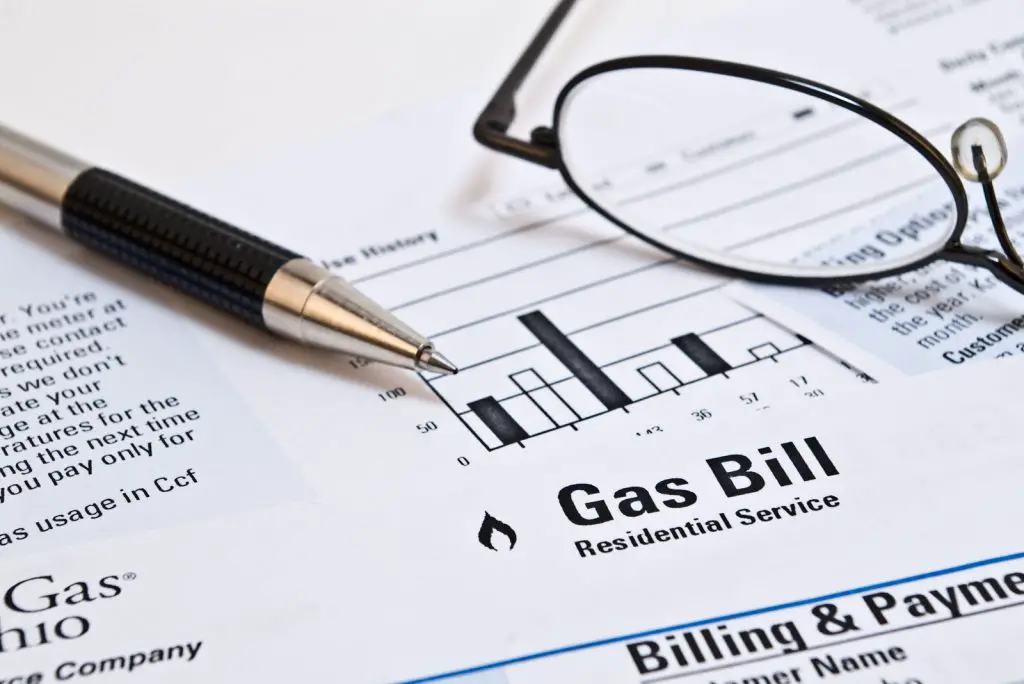Understanding business energy bills can be tricky. At first, they might seem costlier than residential ones. In this article, we’ll explore which is cheaper: residential or business energy.
Is business energy cheaper than domestic?
In general, business electricity tends to offer lower rates compared to residential electricity, but exceptions can occur. Business energy contracts differ from residential ones, as they often involve longer-term commitments.
Business gas and electricity bills are cheaper per unit than residential costs. This is because of the larger amount of energy businesses use annually when compared to residential customers. Businesses buy energy in advance so they get it at a lower rate and for a longer time period. Usually, the larger the business the lower the rate.

Understanding Business Electricity Contracts
Before we delve into the cost comparison between business and domestic electricity, it’s important to understand the fundamental differences in the contracts. Business energy contracts often come with more stringent terms and conditions compared to domestic contracts.
Types Of Business Energy Contracts (Explained)
Factors Affecting Business Electricity Prices
To better understand the pricing structure for business electricity, it’s important to consider the various factors that contribute to the final cost. Here are some key factors to keep in mind:
1. Type of Business
The nature of your business and its operating hours can influence the price you pay for electricity. Businesses that operate outside of peak hours may be offered lower prices for their energy consumption.
2. Geographical Location
Geographical location plays a role in determining energy tariffs. Major cities often benefit from cheaper energy tariffs due to economies of scale.
3. Credit Rating
A higher credit score can improve your chances of securing a cheaper tariff from energy suppliers. Maintaining a good credit rating demonstrates your reliability as a customer.
4. Business Size and Consumption Volume
Businesses that consume larger amounts of energy have more negotiating power and are more likely to secure favorable pricing arrangements.
5. Contract Length
In some cases, energy suppliers offer lower prices for longer-term contracts. By committing to a longer contract, businesses may be able to lock in more favourable rates.
Unlike domestic energy, where consumers have more flexibility to switch suppliers, business customers are usually tied to their contracts until the end date or when they move premises.
This distinction can have an impact on the pricing structure for business electricity. Energy suppliers offer different rates for energy consumed by domestic and commercial consumers, taking into account factors such as consumption volume, business size, geographical location, and credit rating.
By understanding these factors, businesses can make informed decisions when selecting the most suitable energy contract for their individual requirements.
How to Switch Business Energy Supplier

Differences between business and domestic energy prices
There are several key differences between business and domestic energy tariffs:
Businesses pay lower unit prices
- Businesses purchase energy in bulk on the wholesale market, resulting in cheaper per unit costs compared to domestic users.
Greater price fluctuations for businesses
- After fixed contracts end, business energy prices can change considerably. This significantly impacts overheads.
Businesses pay 20% VAT
- Business tariffs have a 20% VAT rate, compared to 5% for residential users.
More criteria for business price comparisons
- There are more factors to consider when comparing business energy prices to find the best long-term deal. Domestic comparisons can be done more quickly online.
Climate Change Levy for businesses
- Businesses using non-renewable energy pay the Climate Change Levy tax. This does not apply to small businesses using minimal energy.
Benefits for small businesses
- Easier budgeting with fixed prices
- Lower per unit costs
- Custom contracts to suit needs
- Avoid market fluctuations
- More potential for savings
- Small businesses using less energy can benefit from:
- 5% VAT rate instead of 20%
- Exemption from Climate Change Levy tax
Fixed or variable pricing
Most business electricity contracts are 1-3 year fixed price deals, providing predictable costs for budgeting. Defaulting to variable rate plans after a contract ends usually means higher prices. But some suppliers now offer flexible monthly rolling contracts.
Comparing business energy rates
Key factors when comparing business energy prices include:
- Contract type – fixed or variable pricing
- Term length – from 30 days to 5 years
- Unit and standing charge rates for electricity and gas
- Contract terms and exit fees
- Value-added services offered
UK business energy market
Over 50 energy providers sell business energy contracts in the UK. Most major domestic suppliers also offer commercial plans, mainly differing in contract types. Regional distributors handle the physical energy infrastructure for incoming supply.
Expert guidance recommended
Navigating the complex business energy market and finding the optimal contract requires experience. Energy brokers assist companies through the quote and switching process to ensure the most advantageous commercial electricity or gas deal.
Business Energy Bills Explained
If you have decided to look for a better deal and switch suppliers, it is almost always easier to go with an energy broker who can compare multiple suppliers at the same time. Love Energy Savings is a trusted business energy broker that can find you a better deal. Click on the following link for a free quote.
*The information in this article should be used for general guidance only. Full details are on the link in the footer to our disclaimer page. Always discuss your requirements with a competent and suitably qualified professional before undertaking any work.
Affiliate disclosure
Heatology.co are participants in a variety of affiliate schemes which help fund and run this website, visitors who follow our links and purchase a product may earn Heatology.co a commission. The money we make from affiliate marketing costs you nothing but keeps us online, so thank you for your continued support!
